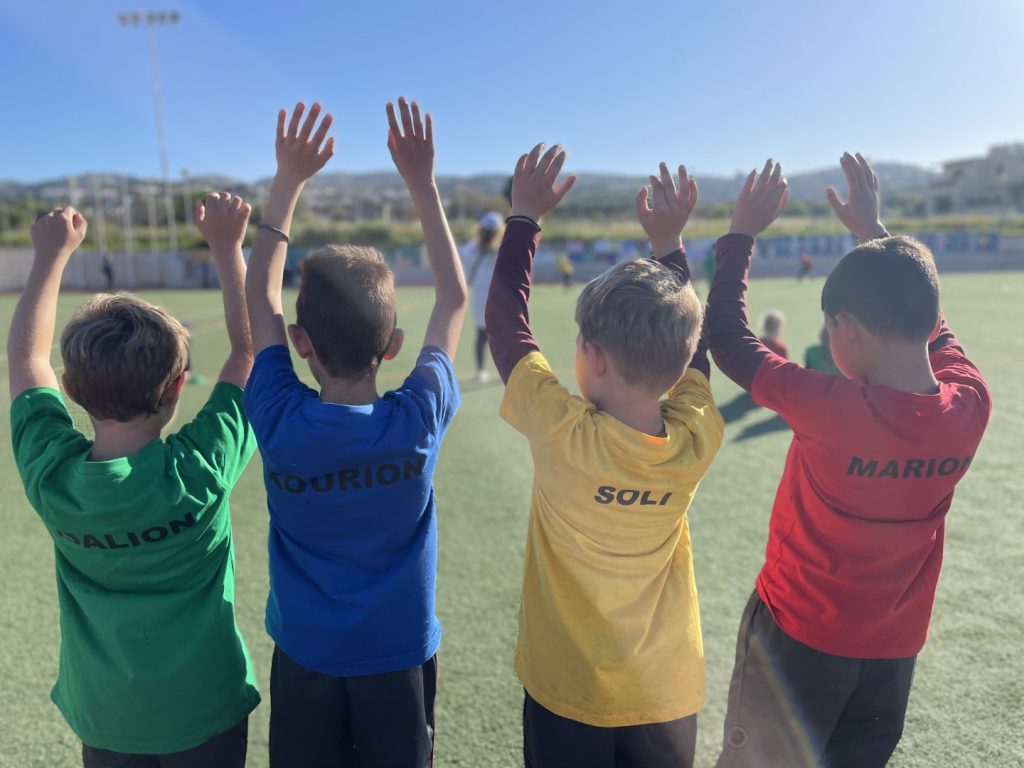ADDITIONAL SUPPORT
- Home
- PASTORAL CARE
- ADDITIONAL SUPPORT
Houses
All students from Y1 – 13 are assigned a house when they join the school. Students are rewarded with house points for any positive actions and these are counted at the end of the year.
Special competitions and activities are also run to accumulate house points. At the end of the academic year a trophy is awarded to the winning house. The names of the houses are from different ancient areas in Cyprus.
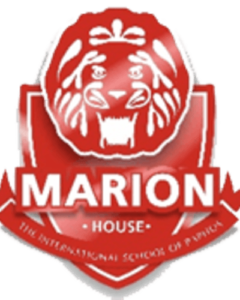
MARION
Marion was founded in the Eleventh or Twelfth Century before Christ (B.C.) by immigrants from the Aegean. These immigrants were the ones who first made Greek the most widespread language on the island. Marion, which was located close to where Polis is now, yielded a large treasure of silver vessels, jewellery and coins. Marion was finally destroyed in the wars of the Diadochs, the successors of Alexander the Great, who carved up his empire.
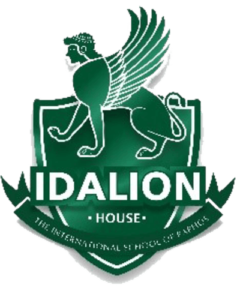
IDALION
The city of Idalion, about 20 km south of Nicosia, near the modern village of Dhali, was inhabited by indigenous people, i.e. the actual Cypriots of the time, not immigrants from somewhere else. These “Eteo-Cypriots” (“True Cypriots”) are a somewhat mysterious race, as we still do not know what language they spoke, only that it was not Greek. Idalion was influenced by the seafaring and trade power of Phoenicia and appears to have been the only city-kingdom in which the people had some kind of influence on decisions.
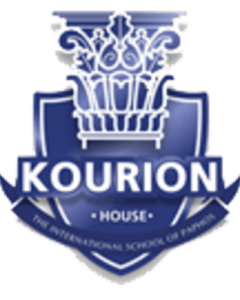
KOURION
According to the ancient Greek historian and geographer Herodotus, Kourion was founded by Argives of the Argolid after the Trojan War. The famous Roman temple of Apollo, that now attracts many tourists, was erected on the site of a Sixth Century B.C. sanctuary to the woodland god Hylates. Kourion remained an important city for centuries. The city even survived a terrible earthquake in 385 Anno Domini (A.D.) which has left us with one of the most touching archaeological finds anywhere on the island, or in fact, anywhere in the world: the skeletons of a young family, huddled together as the father tried in vain to shield his wife and child, while their house collapsed on top of them.
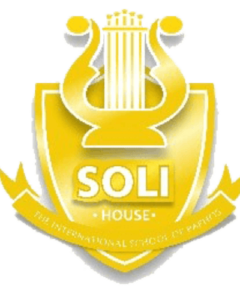
SOLI
In the Seventh and Sixth Centuries B.C., the Kings of Soli had their own splendid tombs hewn from the rock. In the Hellenistic epoch following Alexander the Great’s death, it became a centre of the arts, especially sculpture. A famous marble statue of Aphrodite and a bronze head of Zeus Ammon were found. In Roman times, Soli became important because of its copper mines, with one section of the Roman road system in Cyprus ending there. The Romans also built a theatre in Soli, like the ones in Kourion, Kato Paphos and Salamis.
Prefects
Students from Years 10 – 13 apply for this role and are selected as Prefects within the school. They are assigned into different teams and carry out duties within the school. This gives younger students a role model, someone to talk to and communicate with, as well as offering further supervision. The role of the Prefect is one we, as a school, take seriously while appreciating the responsibility and reliability of the students who volunteer.
Mentoring
Older students volunteer to support younger students in a variety of academic subjects throughout the school, at different ages. Additionally, we have a number of staff members who mentor students with various difficulties they face.
Citizenship
As a school, we wish to educate all our students as well-rounded individuals who are prepared to contribute to the communities around them. Citizenship is a specialised lesson in which our Secondary School students participate which allows space for the development of a wider understanding of societies and how they function. It also allows development of “soft skills” that are required to live and work in today’s busy world. Students are the motivation force of these lessons as they can request topics that they feel they need to learn more about.
Leadership
A variety of leadership opportunities are offered to our students from a young age. This can be as simple as being Class Monitor or Leader for the week or taking more responsibility as House Captains, Class President, or Head Student. The School Council is a representation of the Senior School where issues are discussed by students, with ideas, suggestions and improvements being put forward from the student body to the Management Team of the school.
Activities
All students are encouraged to join in the life of the school. This includes numerous extra-curricular activities which cover various themes to interest everyone. These include events such as sports days, outdoor activities day and Book Week. They encourage philanthropic activities such as cake bakes for charities, mufti days and beach clean ups. Clubs can be simple activities, for example, arts and crafts, or require a longer-term commitment, such as The International Duke of Edinburgh’s Award, Model United Nations, or European Youth Parliament. Equality and diversity are at the heart of our activities and we aim to celebrate this with activities such as “One Kind Word Week” and Jeans for Genes.
